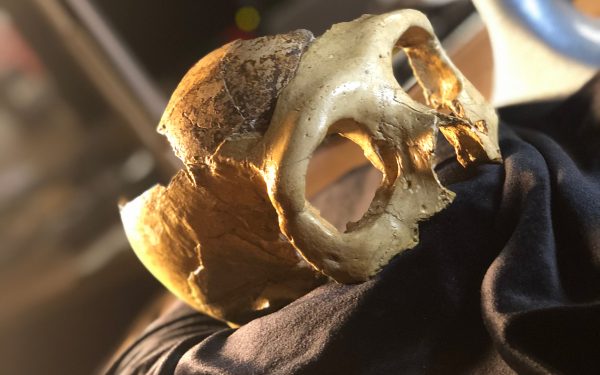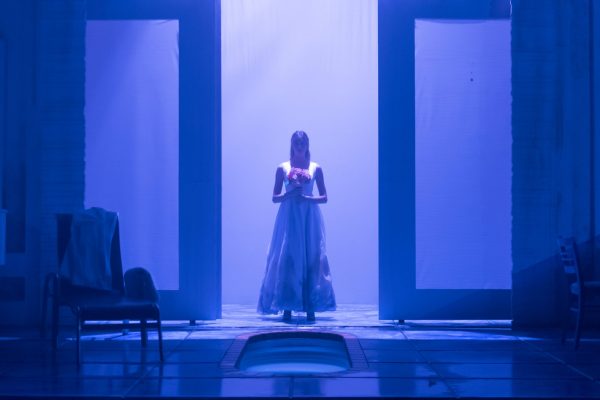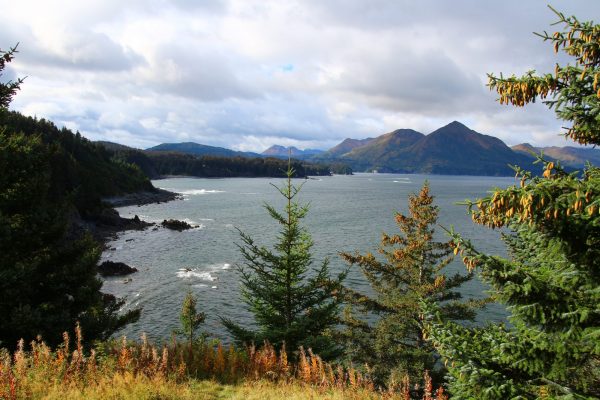Our communication guide offers tools and resources for incorporating the College of Liberal Arts brand into your messaging and storytelling. Our positioning statements, archetypes, and storylines will help you embody the College of Liberal Arts at CSU as you create content for your unit, department, or the College.
Position Statements
Our position defines what we offer in comparison to our competitors. These particular position statements answer the question, “Why study with the College of Liberal Arts at Colorado State University?”
College of Liberal Arts vs. other colleges at CSU
For incoming undeclared students who want to tap into their creative potential and intellectual curiosity to make a difference in the world, the College of Liberal Arts is a community of arts, humanities, and social science scholars that study the cultural, social, environmental, and historical context in which we live, and examine what it means to be human.
Unlike other colleges at CSU, CLA challenges individuals to explore a variety of perspectives and to apply creativity, critical thinking, and problem-solving to advance the human experience. Skills that can be applied to a number of professional opportunities and personal aspirations.
College of Liberal Arts vs. small liberal arts colleges
For students seeking a bachelor’s degree in liberal arts who are weighing their options of which university to attend, the College of Liberal Arts at CSU is a caring, welcoming community housed within a research 1, public land-grant university that focuses on access for all, experiential learning, emphasizes the environment, and has teacher-scholars in the classroom.
Unlike small liberal arts colleges that may not have as many resources or amenities and may not be situated near vibrant economic areas, CLA at CSU offers a personalized experience with many learning opportunities – both inside the classroom and out (study abroad, studios, labs) – access to great environmental scholars and a beautiful outdoor environment, and innovative tech hubs along the Front Range.
College of Liberal Arts vs. other public universities
For students seeking a bachelor’s degree in liberal arts who are weighing their public university options, CLA at CSU offers a caring, welcoming community housed within a research 1, land-grant university that focuses on experiential learning, emphasizes the environment, and has teacher-scholars in the classroom.
Unlike other large public institutions, CLA at CSU offers a friendly campus, with a mission on access, inclusive excellence, and a focus on who, not just what, our students become. CLA focuses on the whole student, provides many opportunities to engage with faculty in scholarship or creative artistry, emphasizes active participation in the community, and is located in a great city in which to discover, learn, and participate.
College of Liberal Arts vs. other degree options
For CSU college students seeking a major, who want to know what kinds of job they could qualify for, a liberal arts degree is a comprehensive education that teaches applicable, relevant, and lasting skills through the study of the cultural, social, environmental, and historical context of the human experience.
Unlike other degrees that are singularly or professional-track focused, a liberal arts degree provides the tools to explore, create, and lead in a variety of industries, and creates multiple possibilities for what career you pursue.
Archetypes
Swiss psychotherapist Carl G. Jung used the word “archetype” to refer to the recurring patterns found in our universal stories. In branding, archetypes are used to guide and strengthen a brand’s story. They help us define who we are and who we are not.
The College of Liberal Arts identified three archetypes that represent who we are and what we do.
Sage
Knowledgeable Guides
Curious, intelligent, and reflective, we are driven by the desire to know. We read, study, and question what the human condition was like, is like, and could be like. Our drive for knowledge and our drive to understand a multiplicity of perspectives leads us to develop wisdom that others can use to learn, grow, and change. Our knowledge and wisdom also leads to direct change in the workplace, in our organizations, and in our governments.
Creator
Provocative Transformers
Innovative and transformative, we are driven to investigate and create, building things that are meaningful; things for others to experience and revel in.
Hero/Explorer
Confident Explorers
Courageous, compassionate, and determined, we are driven to explore existing and new territory, uncover hidden or silenced truths, and understand the human experience. By challenging modern perceptions of what is, we are able to uncover inequality and how to change it. This active understanding of our past and present, and of society, allows us to lead humanity forward.
Storylines
Storylines are narratives that build on our archetypes to support and define the College of Liberal Arts brand. They offer a touchstone for brand alignment in our storytelling.
Review each storyline to determine the best archetype perspective from which to present your message.
Storyline: Knowledgeable Guides
Driven by curiosity, we seek to understand a multiplicity of perspectives and develop wisdom that inspires learning, growth, and change.
We pursue knowledge and understanding to help explain and understand the complexities of the human experience, and to help us navigate, both individually and collectively, through the human experience. We foster a culture of free-thinking, deep thinking, reflective exploration of our own lives and the lives of others.
By investigating the political, economic, historical, environmental, and social aspects of our human experience, we better understand how we got to where we are now. This knowledge allows us to acquire and exhibit empathy, a trait essential for understanding the individual and the individual’s relationship to other people, institutions, and the world.
This story causes people to feel confidence, awe, and enlightenment.
Reflective
Intelligent
Wise
Curious
Sophisticated
Self discovery
and liberation
Excerpt of Knowledgeable Guide Story

In a cave site in hilly, northern Croatia, anthropology researchers at CSU are working to determine whether ritual, survival – or a serving of both – account for one of the world’s largest collection of Neandertal remains. The Krapina Neandertal site represents one of the greatest discoveries in the field of paleoanthropology. Croatian paleontologist Dragutin Gorjanović-Kramberger first excavated in the cave in 1899, unearthing the remains of more than 80 individual Neandertals, including more than two dozen relatively complete bones from both male and female Neandertals of a variety of ages. His work represented a leap forward in science-based archaeological inquiry, and anthropologists have since determined the cave contains around 10,000 years of buried remains and materials.
Storyline: Provocative Transformers
Driven by our vision, ambition, and imagination, we create something of enduring value.
We create things founded in the history, theory, and practice of the lineage of many creators who came before us. We are perceptive, playful, insightful, and innovative. We bring to life ideas and concepts that allow people to connect to something on a deeper level. Whether through poetry, dance, policy, media, or mathematical models, we challenge existing perceptions and inspire and ignite (change).
This story causes people to feel intrigued and inspired, and to feel a full range of emotions.
Expressive
Innovative
Beautiful
Active
Diverse
Transformative
Excerpt of Provocative Transformer Story

Big Love by Charles Mee, with its three women (and 47 sisters) fleeing their homeland of Greece to escape forced marriages to men they have never met, has been called a big, beautiful, fantastic mess. Just like love.
Or perhaps like water…
November’s theatre production not only featured actors and technicians from the School of Music, Theatre, and Dance at Colorado State University, water also played a major role in the on-stage dynamic. Unlike the script, however, everything was being done to keep the water in check.
Storyline: Confident Explorers
Driven to advance the human experience, we inquire and venture with enthusiasm and passion for making an impact.
We investigate and explore individuals and institutions so that we may identify issues and their causes, and not only suggest ways to make it better but also to implement solutions.
We see the world as a place of limitless experiences, inviting people to explore a wide variety of perspectives, to think creatively, and to challenge themselves in their thinking and in their behaviors. From field schools to education abroad, internships to engaged scholarship, we learn within and beyond the classroom, adding new perspectives and understanding that broadens our worldview.
This story causes people to feel confident, valued, committed, and emboldened.
Assertive
Confident
Accessible
Compassionate
Courageous
Determined
Excerpt of Confident Explorer Story

In 1901, Abigail Chabitnoy’s great grandfather, Michael, was sent from his native Kodiak, Alaska to the Carlisle Indian Industrial School in Pennsylvania, the first federally funded boarding school established to affect rapid assimilation of Native American people into Euro-American culture by separating children from native influences, especially family.
About a century later, Abigail grew up about an hour away from the school, unaware of its historical legacy and what that has signified for her family and heritage.
In her debut poetry collection and master’s thesis How to Dress a Fish, Chabitnoy (MFA ’16, Creative Writing – Poetry) explores her journey to connect with her roots among the Alaska Native Aleut through letters, Michael’s school records, and historical photos.